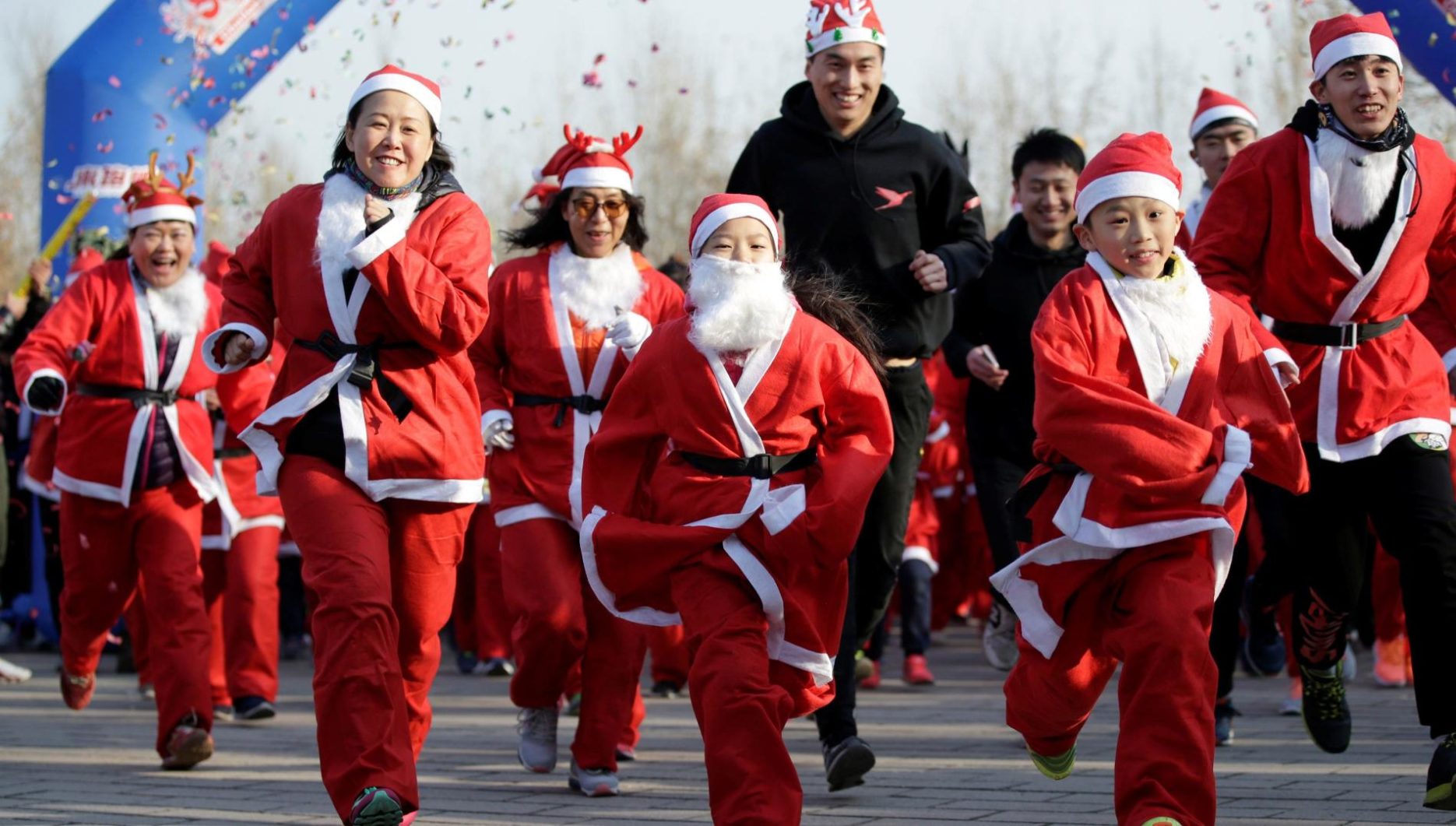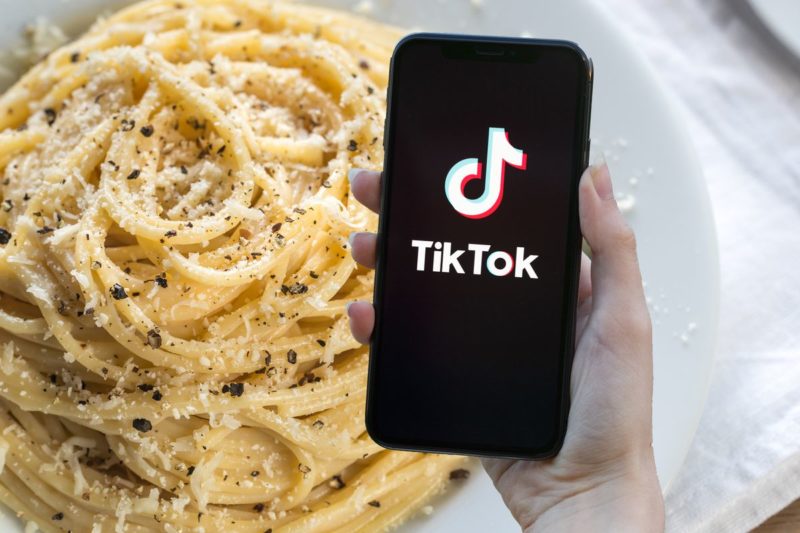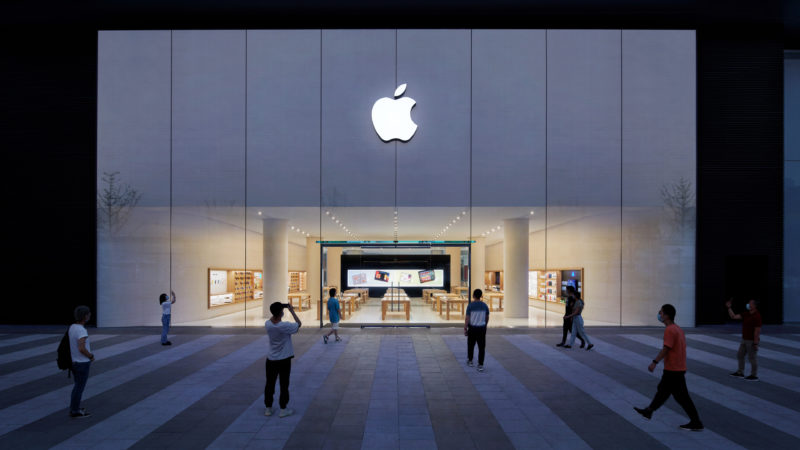You might have heard that the Chinese government dislikes western festivals such as Christmas. Crackdowns on celebrations of this festival go back to 2018, when the government first banned practices including Christmas decorations, posting Christmas-related messages, or exchanging gifts; ordering its citizens to focus on promoting traditional Chinese culture.
This year, the message is unchanged, with another reason to say no to Christmas, Covid 19. But the western tradition has survived in China regardless, and even still seems to be a popular festival observed by, understandably, China’s young people.
The holiday spirit this year has not been spoiled despite the COVID restrictions. Christmas-themed offline events, from the live concerts on Christmas eve, to Christmas market and light display, have been scheduled in some of China’s major cities such as Chengdu and Shanghai during and after the festive weekend.
Visitors to Shanghai Disneyland between 24 and 26 December could even have the chance to meet the mysterious Santa Claus, as according to a local tour guide media outlet, showing that despite official rejection Christmas is thriving within China.
Online the festive vibe is even bigger, with Internet users discussing anything from Christmas makeups to desserts and gifts. The hashtag of Christmas trees has drawn over 240 million views on China’s largest microblogging site Weibo. Under which, posts range from tutorial videos on how to make one’s own Christmas trees to photos of users’ festival decorations, with many even dressing up with Christmas costumes.
The Chinese young consumers’ appetite for celebrating the western festival is still phenomenal and with that the chance to leverage such a consumer-focused festival for brands.
The domestic enthusiasm for Christmas consumption would naturally benefit retailers supplying relevant goods, who might have seen the loss of income due to a drop in overseas orders as international travel being restricted, causing the ongoing pandemic. Due, perhaps, to the economic benefits from this festive consumption, there hasn’t been a radical clampdown on Christmas and therefore the celebrations are still going on in China.
On the other hand, unlike in the West, where Christmas is more about family reunions, the day has seemed to be a time for young couples in China, due partly to the elder generation showing no interest in the western tradition.
Most young Chinese who would like to celebrate the festival have chosen to spend the day with their other half, while those who are still single prefer staying with their animal partners. As a result of these preferences, the demand for Christmas gifts has also gone up.
Many young couples have taken to social media to seek inspiration for the best surprises, pushing the topic of Christmas gifts to be one of the top hot searches on Weibo, attracting over 120 million views. It is clear this appetite shows a new market for brands to pursue and whilst it may not be a lucrative as Double 11, but this festival could grow in size and with that the market in China.
No matter how the festival is being observed, online or offline, and with restraint or not it is coming; it is a time about celebration and appreciation, especially in a year like this.
The Dao Insights team, therefore, would like to take this opportunity to thank everyone for your support and help in the year of 2021. We wish you all a very Merry Christmas and look forward to seeing you in the New Year!
Read more:









